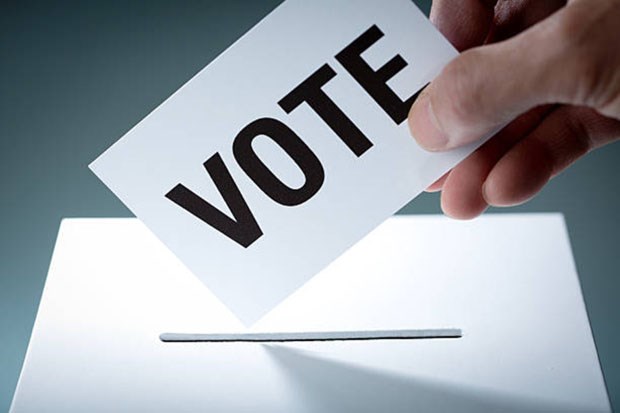Robo calls, text messages (“Hi, it’s Sarah from the Conservative Party of Canada”), negative political advertising, video ads on every social media platform and ubiquitous Facebook advertising made to look like news will intensify in the coming weeks.
To stay sane, voters will need to be alert to disinformation and those with political agendas who masquerade as "friends." In fact, it would be a good idea to do one’s own research, instead of relying on these scripted and shamelessly targeted media messages.
The New Westminster Record will help, with ongoing coverage from the time the writ drops, expected sometime early this month, to election day on Oct. 21.
Fortunately, the election advertising rules are tough and the organizations behind third-party advertisers must be disclosed. Also, anyone with half a brain can figure out who is behind ads about climate change or pipelines, or those criticizing any of the major parties.
Still, with so much political messaging around, it’s easy to become complacent or apathetic.
Voting should be an opportunity for Canadians to discuss public policy and ideas for improving the economy or the social safety net. Instead, it seems the election period leading up to voting day is bereft of deep thought.
We’re either bombarded with negative ads making the party leaders appear to be friends of the devil while the parties gloss over their own failures and make promises they may not be able to keep.
Much has already been discussed about how messaging will target specific demographics, creating even greater divisions, while some have speculated that outside actors, such as Russia, may use the Canadian election as an opportunity to destabilize the political system.
The worry is that Canada is becoming more like the U.S., with the evils of racism and white nationalism we see in our southern neighbours becoming more pronounced in our political discourse.
Yes, Canada is a country of regions with differing agendas — Alberta and B.C., for instance, will likely never see eye to eye on pipelines. — so everyone will see the 2019 federal election differently. But these regional divisions are not a new dynamic to exploit, but a factor of history and geography.
When viewing political advertising, news articles, Facebook posts and other media, be sure to observe with a critical eye. Your first questions should be: Who is benefiting from this point of view, and why? Also: How are my interests being served by this political party, funder or backer? And, finally, are the interests of people who have been historically discriminated against or marginalized in Canada being considered?
Don’t be a patsy for some back-room marketer or petty pollster — make up your own mind.



